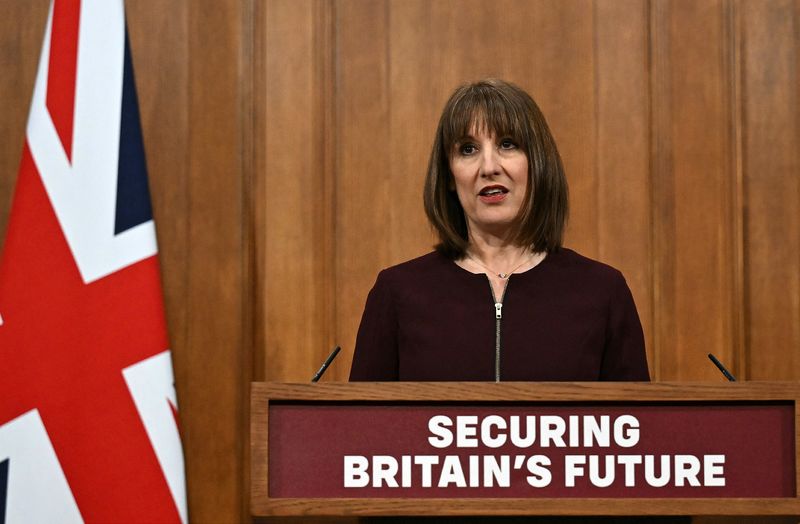Trade Tensions Escalate: UK Scrambles to Dodge Potential US Economic Blowback

In a diplomatic stance aimed at avoiding escalation, Britain is actively seeking to prevent a trade confrontation with the United States. Finance Minister Rachel Reeves emphasized on Thursday that the UK is working closely with Washington to secure an exemption from recently imposed tariffs.
President Donald Trump's latest move in the global trade landscape has raised tensions, as he announced a substantial 25% tariff on imported vehicles late Wednesday. This decision has drawn sharp criticism and potential retaliatory threats from affected U.S. allies.
Speaking candidly to Sky News, Reeves stated, "We are not in a position where we want to escalate these trade tensions. Trade wars ultimately benefit no one and can cause significant economic disruption."
The UK's approach signals a measured and strategic response, prioritizing dialogue and negotiation over confrontational tactics. By seeking an exemption and maintaining open communication with U.S. officials, Britain hopes to protect its economic interests while preserving international trade relationships.
